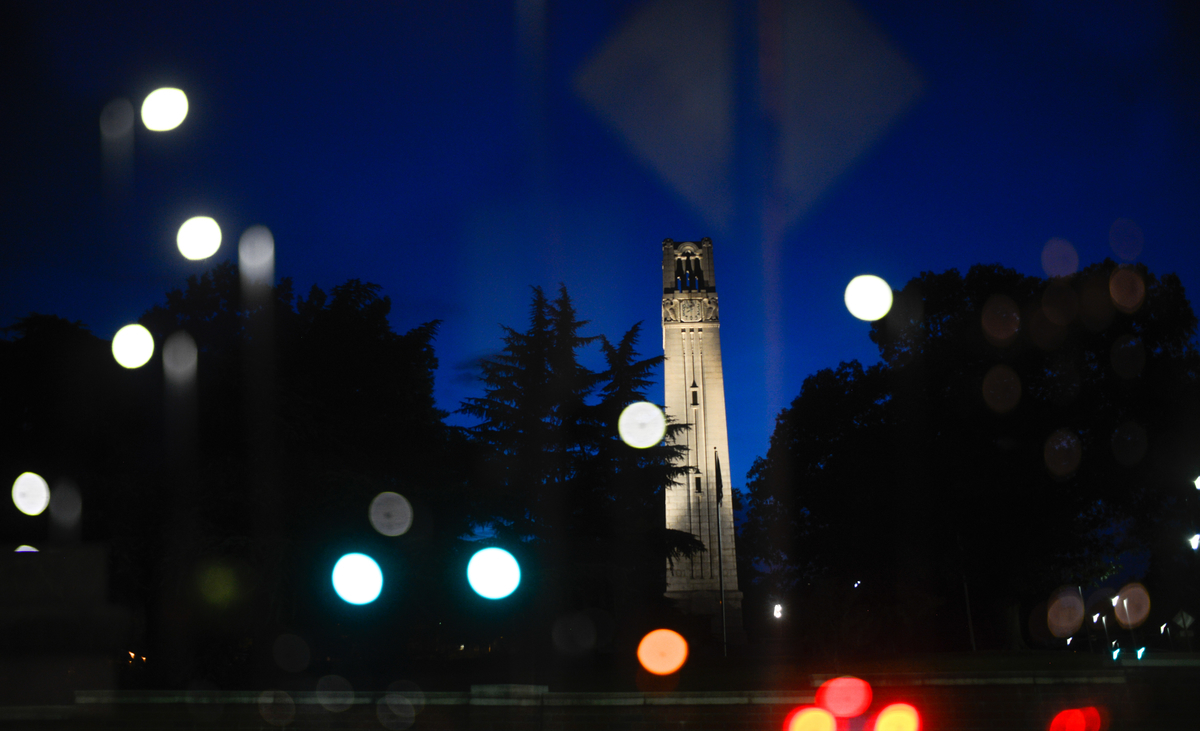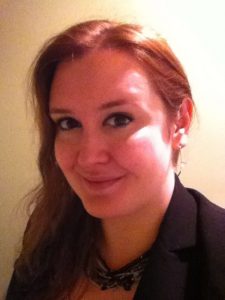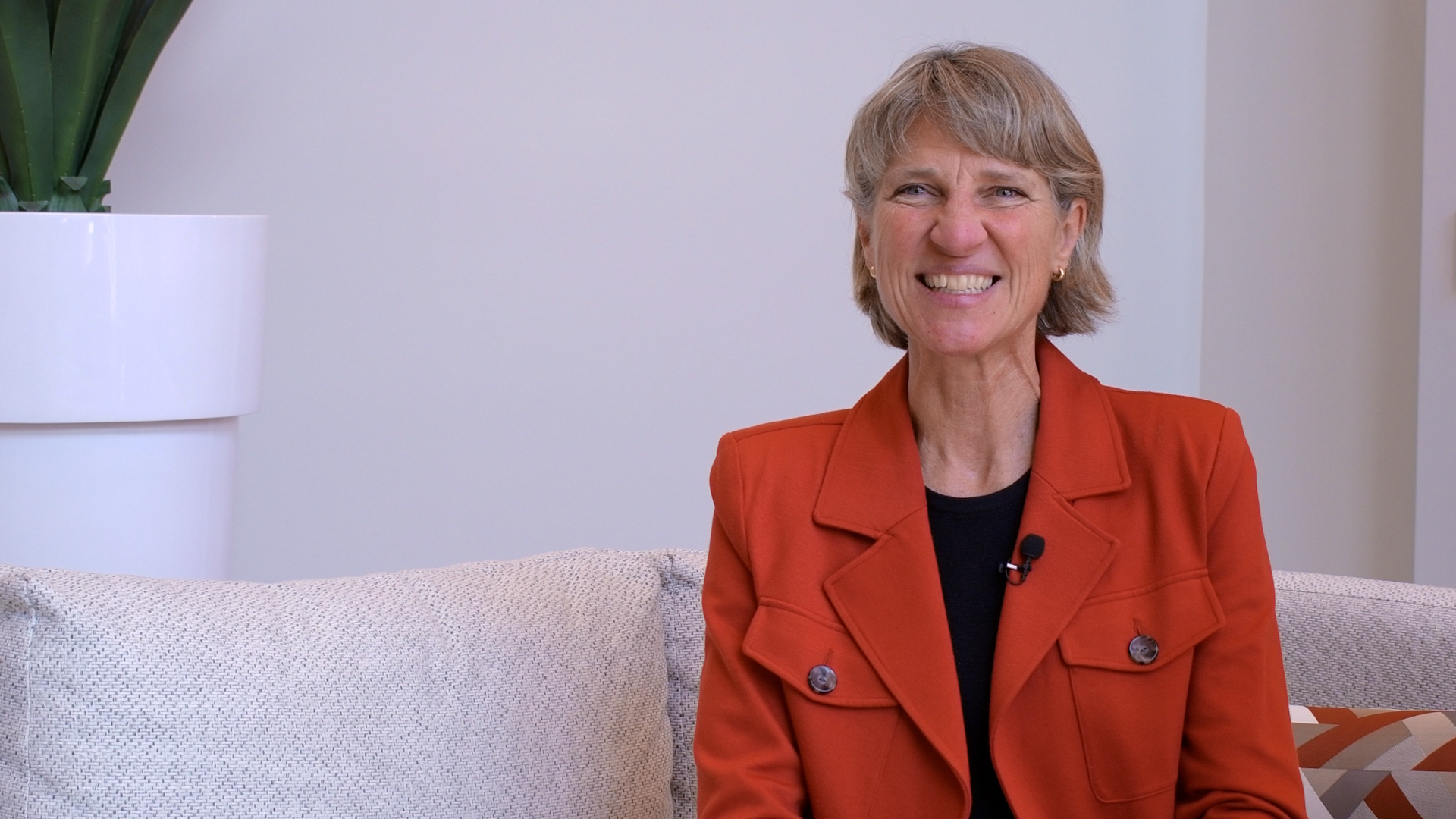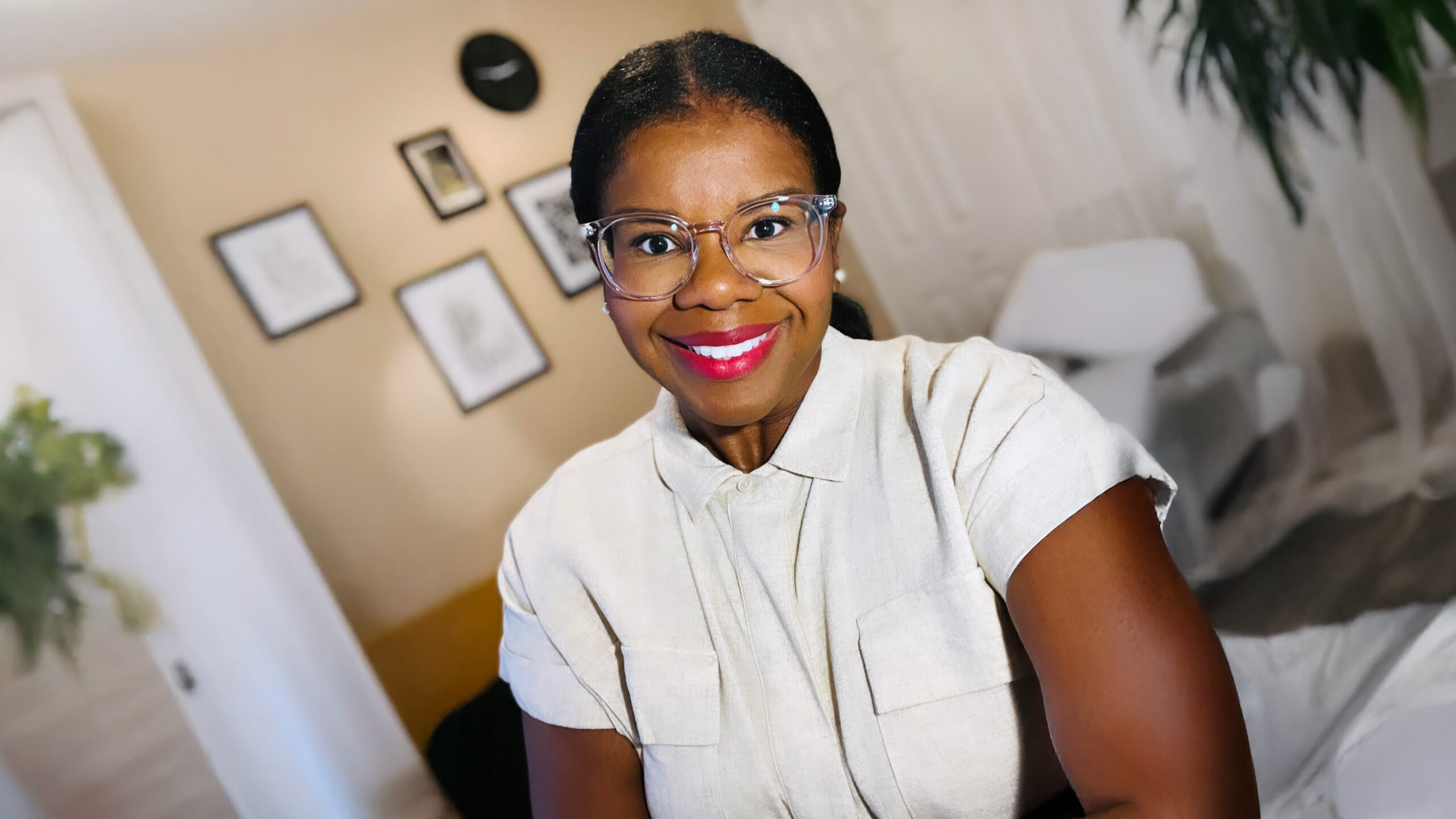5 Questions With 2016 NTLI Fellowship Award Recipient Rebecca Hite

Rebecca Hite is a doctoral candidate in science education within in the department of Science Technology Engineering and Mathematics Education (STEM Ed) who recently won the 2016 National Technology Leadership Initiative (NTLI) Fellowship Award for the paper, “Teachers’ Pedagogical Perceptions of Novel 3-D, Haptic-Enabled Virtual Reality Technology.”
Please tell us about your recent award and your research paper.
The award winning study explored pre-service and in-service science teachers’ perceptions of a 3-D, VR, haptic-enabled instructional technology tool (zSpace®) and how they conceptualized its potential use in the classroom.
The choice to compare pre-service and in-service teachers was made to explore previous research where teachers with shorter lengths of teaching service held greater technological acceptance than longer serving classroom teachers. In this study, when presented with a novel technology type with no prior experience, pre-service teachers showed a strong preference for hands-on activities, focusing on their personal preferences. In-service teachers reported greater preference for novel instructional technology mainly for its potential in increasing student interest in science and opportunity for personalized learning. This work builds on other studies that recommend research on teachers’ perceptions of cutting-edge instructional technologies to explore how they would adopt them into their teaching practices.
 Why did you choose to get your doctoral degree at NC State?
Why did you choose to get your doctoral degree at NC State?
When searching for graduate programs in education, my priority was to apply to programs that focused on STEM education, especially science education. I found programs at top-notch institutions, yet they did not provide the blend of science practices, leadership in cutting-edge technology, and science education research opportunities I was searching for in a doctoral experience. Many universities are only now starting to build their STEM education programs, yet NC State had a vibrant program already in place with premier scholars and researchers in the field.
What do you think is innovative about the college’s doctoral programs?
Far too often, the induction process into a well-established academic community of practice is the transfer of knowledge from the expert to the novice. Here at NC State’s College of Education, that relationship is bidirectional, where ideas and leadership are shared among faculty and students. Students are not viewed as passive vessels lacking in intellectual contribution, but instead as emergent scholars with fresh perspectives that have inherent value. The collaborative apprenticeship model at NC State provides future scholars with opportunities to be creative and innovative.
How have your experiences been working with faculty thus far? Please elaborate on how you personally work with faculty in the classroom and beyond.
Extremely positive. With my advisor Dr. Gail Jones, I had the privilege to not only observe but also be personally involved in drafting research proposals, implementing research studies, writing large-scale grants, conducting data analyses, and preparing manuscripts for publication. My coursework with the College of Education faculty has been both rigorous and relevant; with exceptional and diverse courses in policy, qualitative research methods, and sociocultural theory to name a few. Also being situated in the Friday Institute for Educational Innovation on centennial campus has permitted me egress into a remarkable world of collaborative scholarship and research opportunities that I would not have at other institutions.
What has been your top experience in the doctoral program so far?
The academic freedom to explore ideas of my own design with the social, educational and resource assistance to accomplish my personal and professional goals. I feel that I have immense support from my fellow graduate students, the faculty, and my advisor to stretch beyond what I thought was possible for a veteran educator returning to school to begin a second career.
- Categories:


